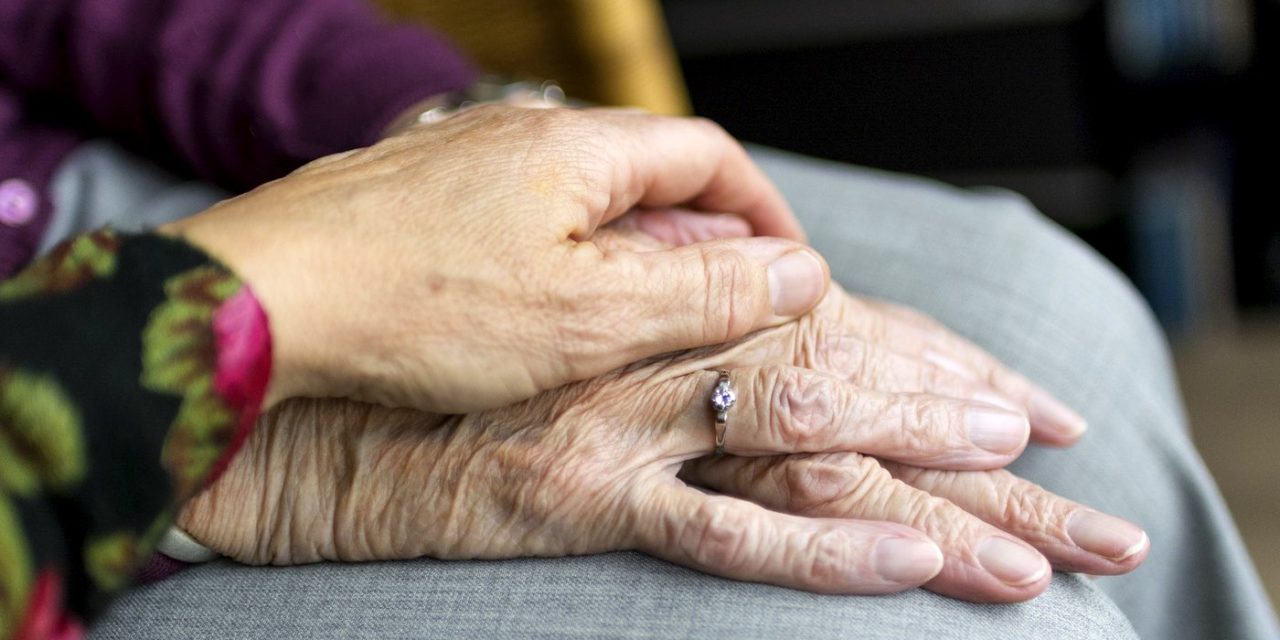by Prema Sheerin, Asheville, NC, USA
As the days shorten in the Northern Hemisphere, we move into the season known as Late Summer. This season is resonant with the earth element, as with the abundance, sweetness and nourishment of the harvest. The earth element also expresses as the emotion of Sympathy.
We have such a broad spectrum of associations with the emotion of “sympathy,” ranging from seeing it as a positive, virtuous impulse to looking askance at it as a form of condescending pity. So let’s start by clarifying what we mean by sympathy in the context of this series of articles on emotional wisdom.
As with Fear and Happiness, described in the first two articles in this series on emotional wisdom, Sympathy is one of five elemental emotions. These arise in response to life circumstances, move us to respond effectively and then dissipate as the situation changes. Sympathy is the elemental emotion that allows us to feel and appreciate the experience of another, including our own. It is especially relevant for challenging experiences and it gives rise to the impulse to reach out and offer support, comfort and understanding.
We often use the terms ‘sympathy’ and ‘empathy’ interchangeably but they are actually quite different.
We often use the terms ‘sympathy’ and ‘empathy’ interchangeably but they are actually quite different. While sympathy is an emotion, empathy is a skill set. Empathy is the capacity to feel, to be aware of, and to vicariously experience the feelings, thoughts and experience of a person or of a situation. Empathy is a really great skill to cultivate as we develop our emotional wisdom because it allows us to feel and listen to all the emotions that are moving in the people and the situations around us. In this way we allow ourselves to be informed by the living world at a level that is beyond the intellect.

As with all the elemental emotions, there can be a balanced expression of sympathy and, on the other hand, a way in which our mind distorts it. It does this by either amplifying or suppressing the expression of sympathy. Mind suppressed sympathy manifests as an inability or unwillingness to feel another’s pain or to reach out and offer support. With our cultural aversion to so-called “negative” emotions, we can sometimes feel threatened by, or resistant to, the presence of emotional pain in both others and ourselves. This can lead us to suppress the natural impulse of sympathy. We might retreat, or seek to distract the person from his or her pain, or try to “fix” the situation so that no one has to feel the emotional pain. Despite good intentions, this kind of fixing does not provide real support. It is the acknowledgment and expression of our authentic emotion that allows for true healing and for navigating life’s challenges.
As with all the elemental emotions, there can be a balanced expression of sympathy and, on the other hand, a way in which our mind distorts it.
At the other end of the spectrum, we have the mind’s tendency to amplify sympathy. There is actually a strong cultural predisposition to do this. In psychological terms this is known as co-dependence. Many of us become highly identified with our ability to help others and we base our sense of worth on our capacity to do this. It is one thing to have a heart-connected value around being of support or service to others. It is another to define our identity and to base our worth on our ability to help and on the acknowledgement we receive for being a “good person”. In this case, we take the natural elemental expression of sympathy and calcify it into an identity. This leads to all sorts of complications in our relationships, in particular through our inability to say “no” even when it would be the most healthy and sustainable response for us. Mind amplified sympathy does not allow us to set healthy boundaries and this has toxic consequences including overwhelm, simmering resentment and enabling behaviors.
Cassie is a highly effective and successful surgeon, yet when she came to me for guidance, she had lost her joy in life and her sense of whom she really was. In talking to Cassie, it became very clear that her whole identity was wrapped up in being of service and helping others. This was true not just with her patients but with her family and friends as well. She had a really hard time saying ‘no’ to the relentless requests and demands coming from all directions. She was the sole support for her adult daughter and son-in-law, neither of who worked. She was supporting several of her siblings financially and she found herself in many unsatisfying one-way relationships. She felt exhausted, overwhelmed, resentful and devoid of life’s sweetness.
Even when we are moved by a balanced experience of sympathy, expressing it in an effective way to someone in pain can be quite challenging.
Cassie had to learn to find a sense of worth that was not contingent upon the identity of helping, and seeking approval of, others. She stopped numbing her despair with alcohol and started meditating and doing yoga instead. She began to direct some of her sympathy towards herself in order to experience compassion and acceptance. As she connected with herself in this way, Cassie was naturally able to say “no” to the demands that were not sustainable for her. She was able to find a healthy balance of exchange in her relationships and she regained her enthusiasm for life.

Now, even when we are moved by a balanced experience of sympathy, expressing it in an effective way to someone in pain can be quite challenging. Here are a few tips:
- It’s okay if you don’t know what to say: “I don’t know what to say right now but I’m just so glad you told me.” Far more important than the right words is the sense of connection, of loving and sympathetic presence that you offer to someone in pain.
- Don’t try to distract the person from what they are feeling! In allowing them to express whatever emotions are present without trying to fix them you create the space for healing and movement. Let them know it’s totally okay to express whatever they are feeling.
- Avoid offering empty platitudes, clichés or advice that are not asked for. For instance, if someone has died, don’t say, “He’s in a better place” or “It’s God’s will.” If someone has had a devastating experience, resist a comment like, “In the future you’ll look back on this and see what a gift it was.” While these things might be true for you, it’simportant to meet the person with sympathy exactly where they are.
- It’s fine to express your own feelings but only in the context of the other person’s experience, rather than making it about you. Don’t give them the impression that you are competing with their experience; “I’ve been crying day and night since I heard”.
- Don’t compare your experience to theirs: “I know what you’re going through – I had this experience….”. Everyone experiences pain differently and it’s important that you don’t make it about you unless they ask you about your experience.
As humans we are social beings and we are designed to support each other in getting our needs met as we navigate the dynamic mystery that is life. The impulse to feel the pain of another and to reach out to comfort and support them is a vital part of our shared existence. As we open to the full range of our elemental emotions without fearing or rejecting any of them, we allow ourselves to connect with each other within the rich emotional tapestry of life and to experience our common heart.









